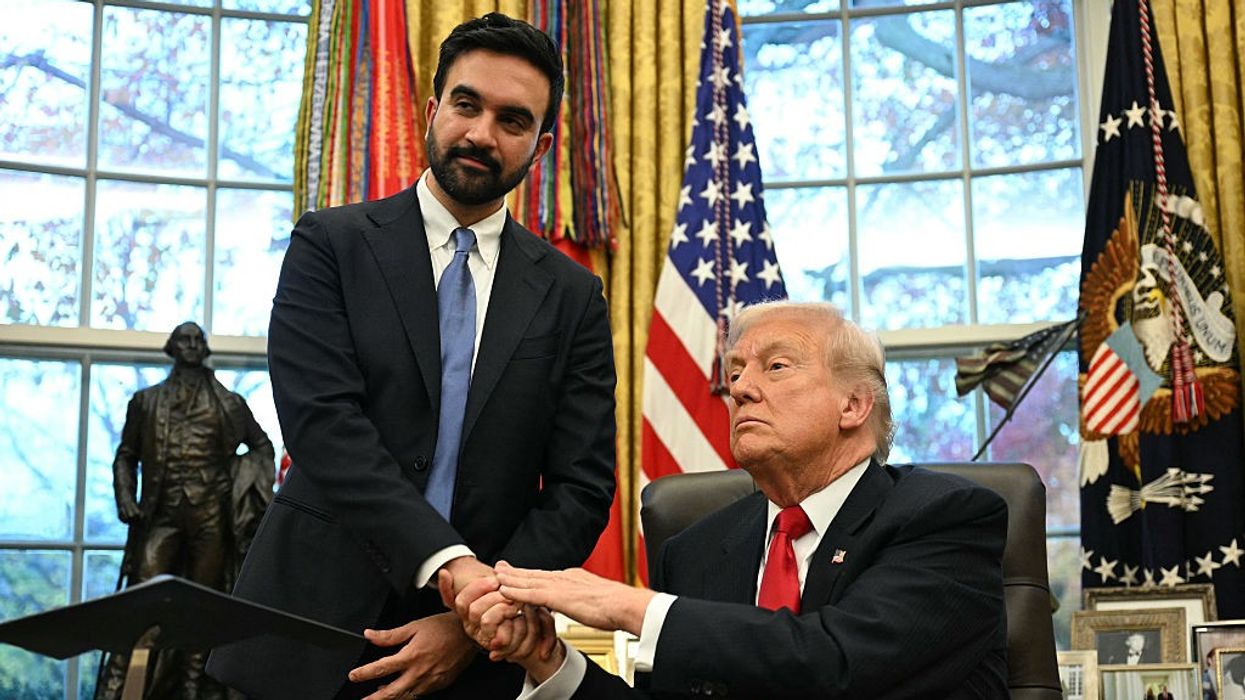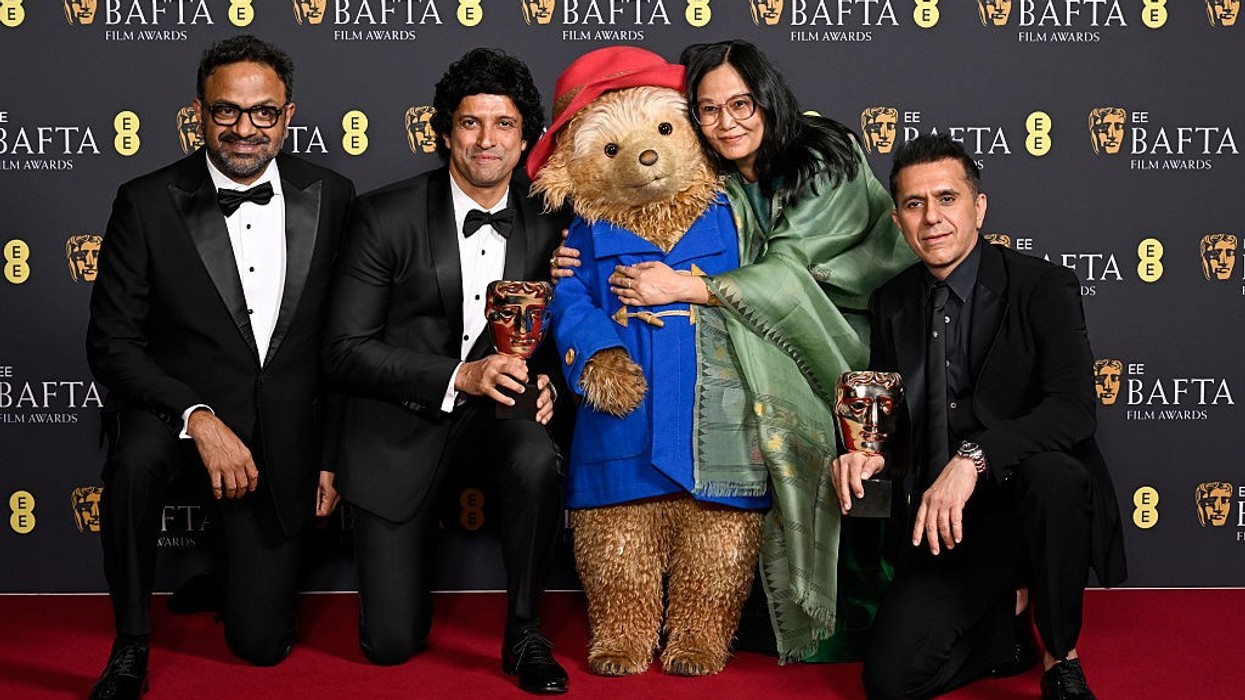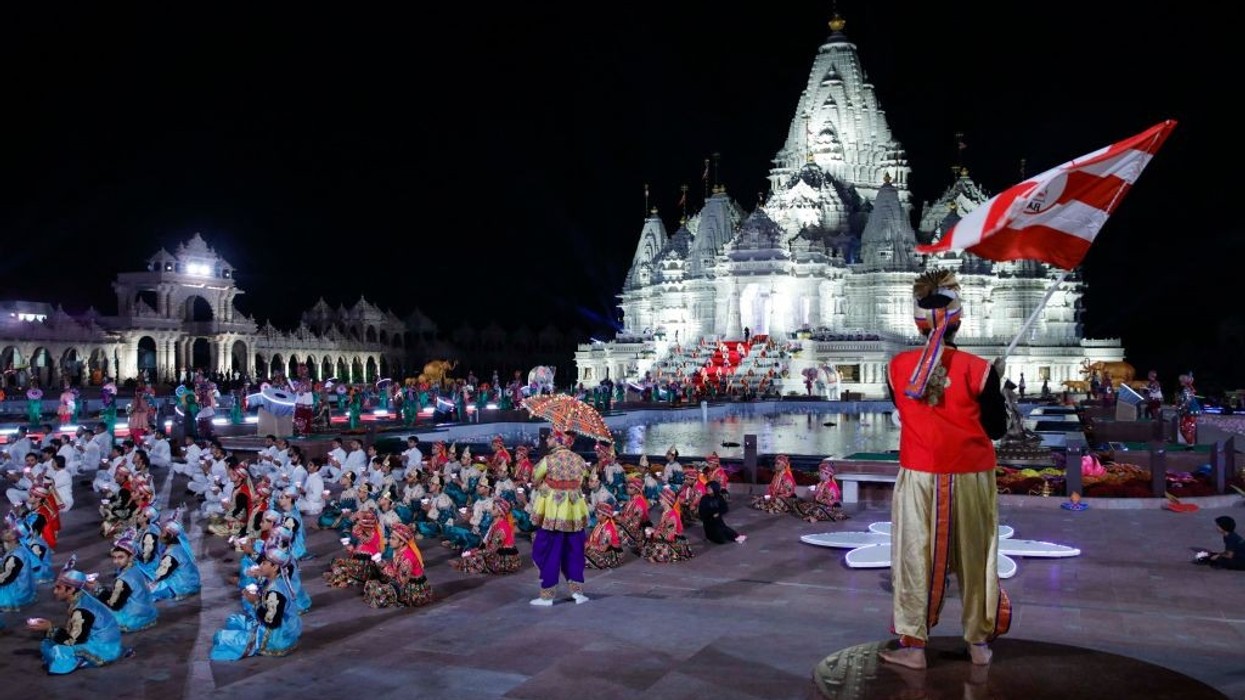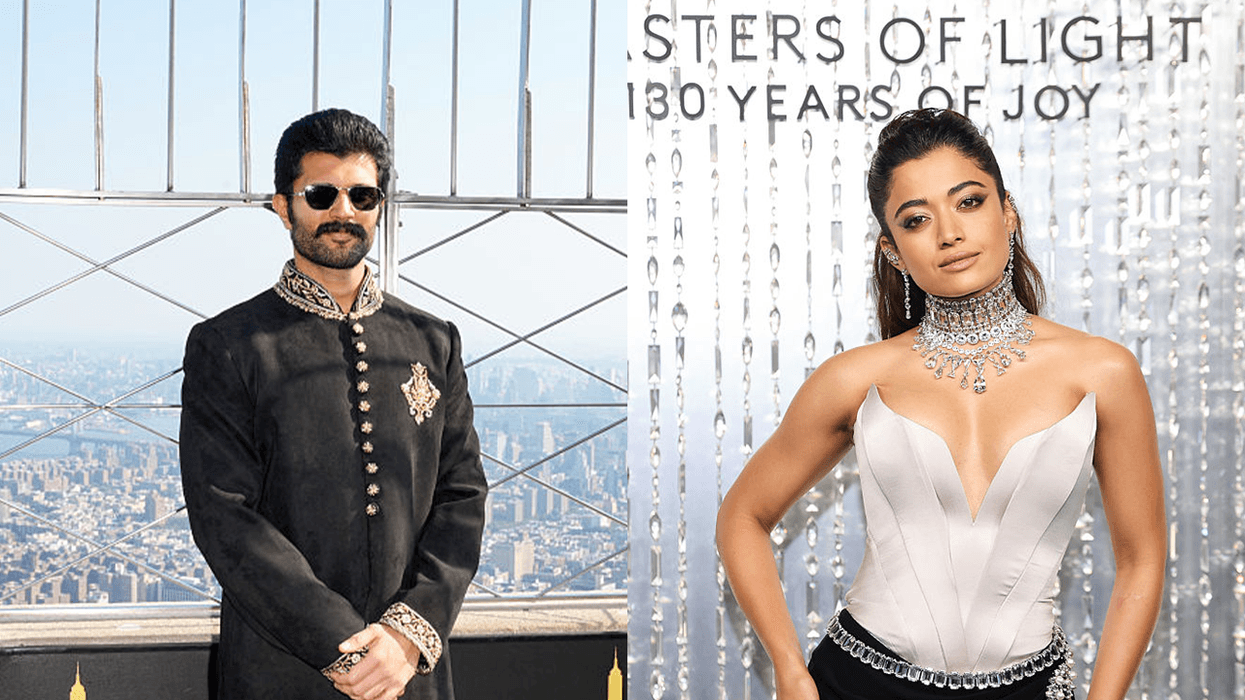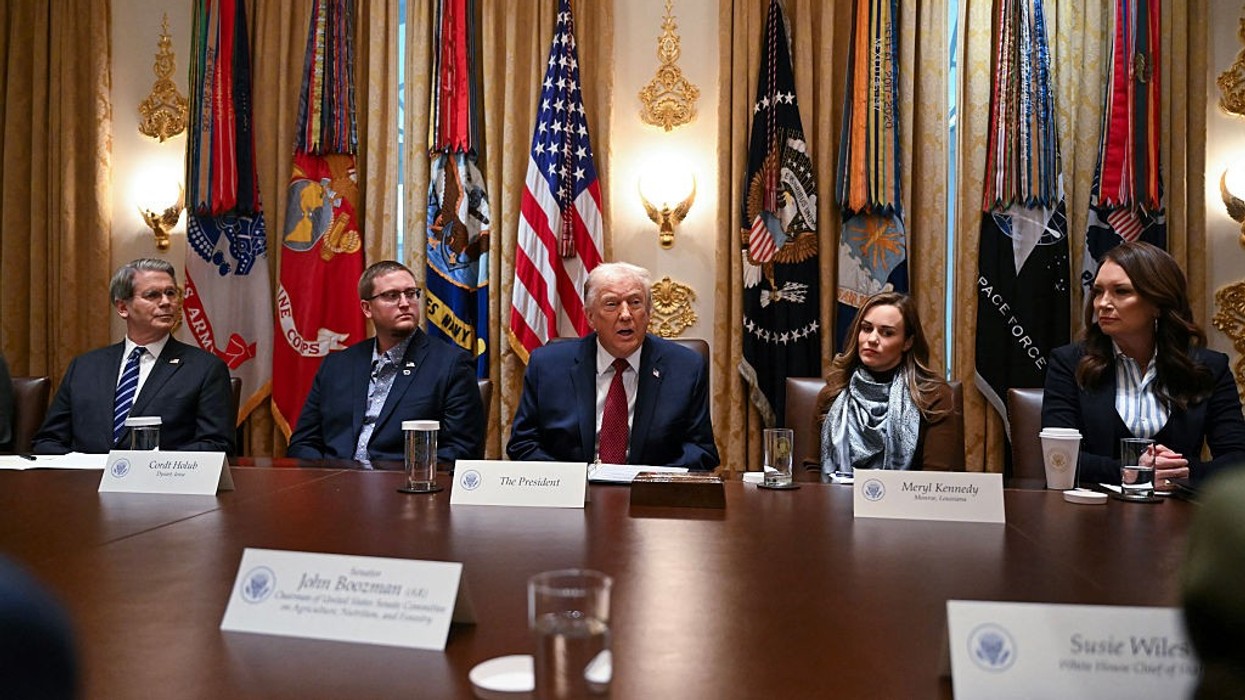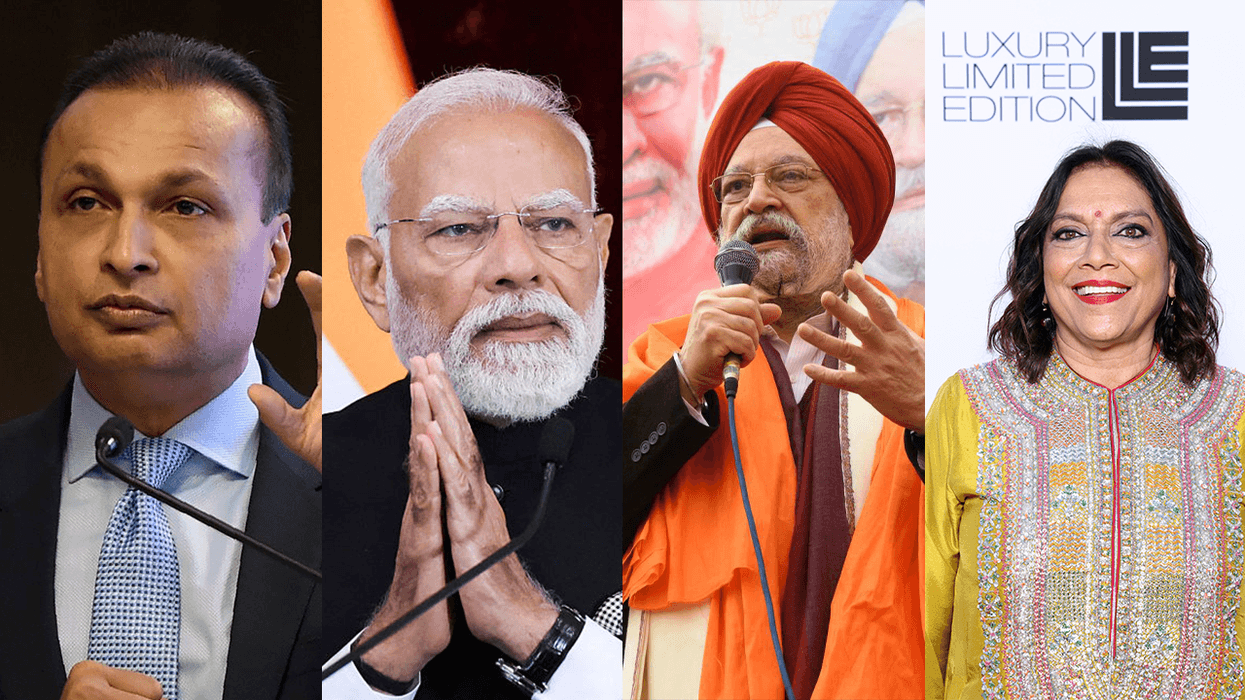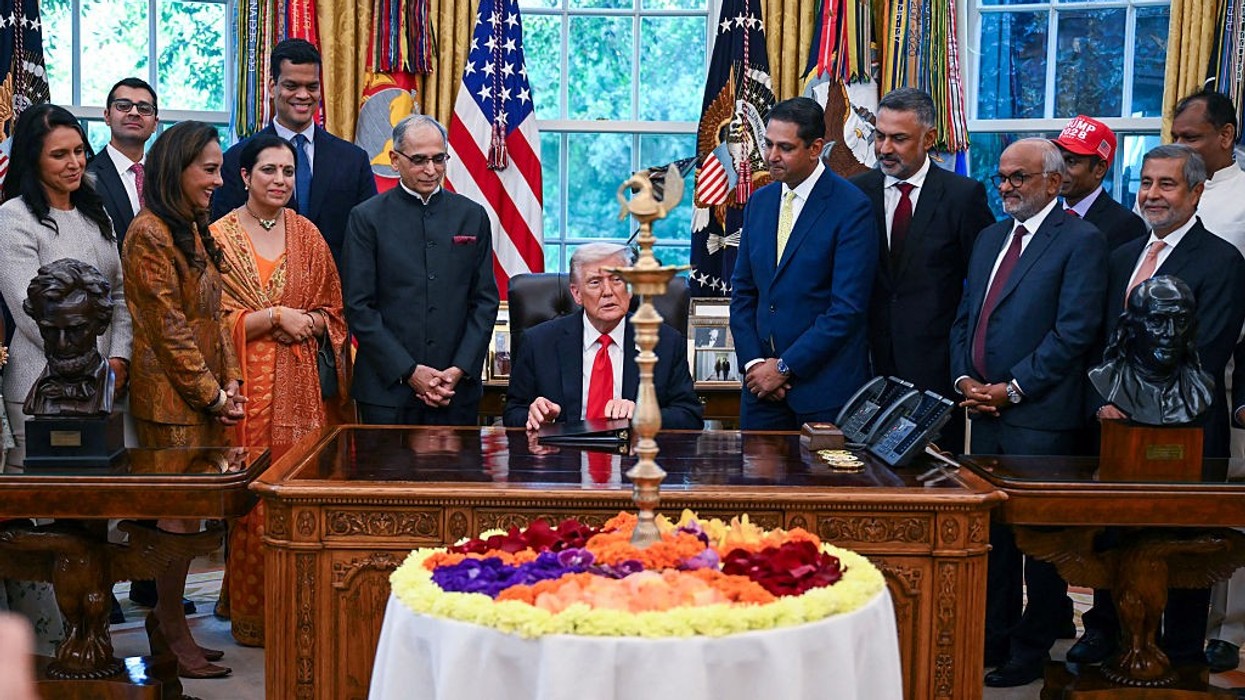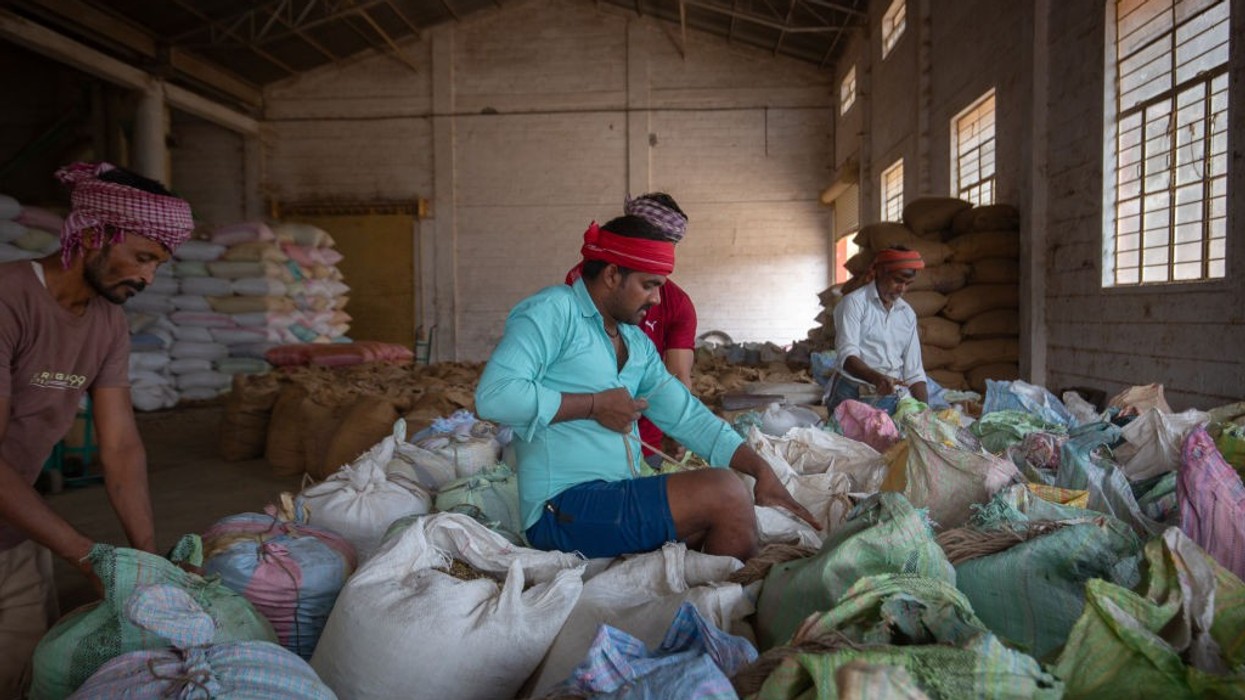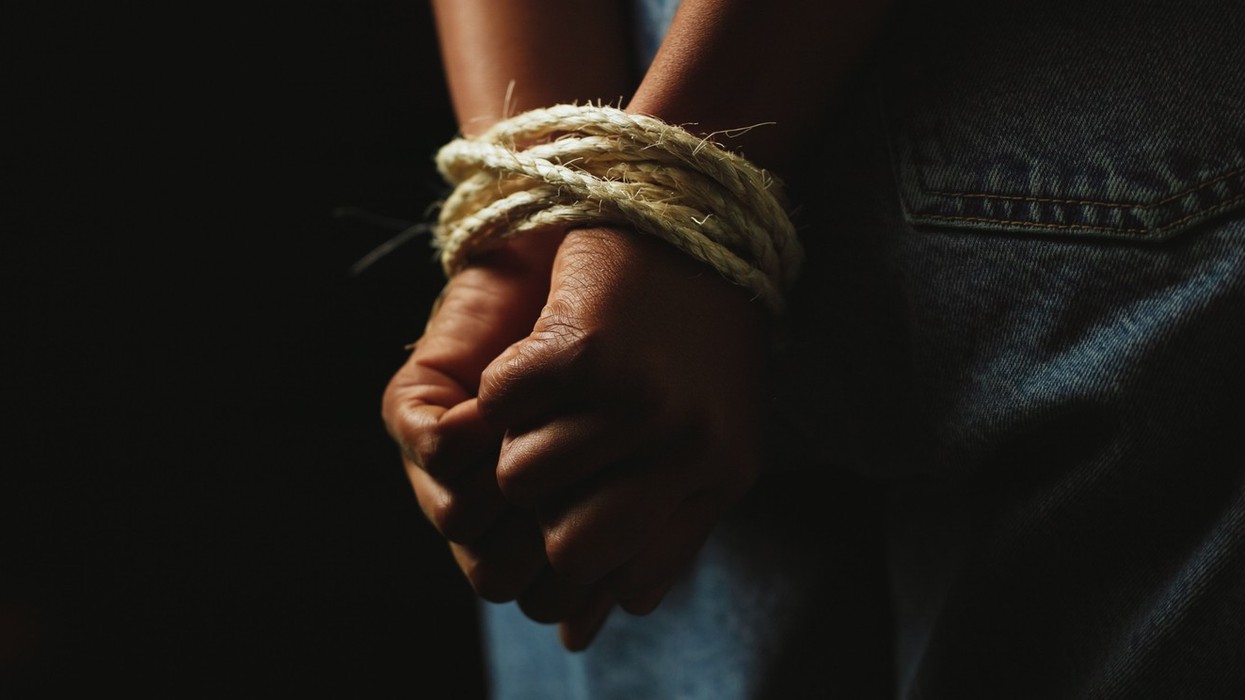Highlights:
President Donald Trump and New York City Mayor-elect Zohran Mamdani met at the White House on November 21, 2025. The discussion was unexpectedly warm and cooperative, despite the pair’s earlier public disagreements. Their conversation covered affordability, immigration, and federal–city coordination. What followed was an explosion of reactions—from Indian Americans, South Asians abroad, political commentators, and Reddit users—each trying to interpret what the meeting really meant.
Reddit reactions: Surprise, humor, criticism, and speculation
On Reddit and other platforms, reactions ranged from supportive to skeptical.
One user wrote, "It’s really surreal. I think it’s a great look for Mamdani and I feel it humanized trump a bit too."
Another added, "It was funny to see how Trump was almost protecting Mamdani against those rage bait questions by the reporters! Mamdani must have charmed the pants off Trump!"
A more critical commenter said, "Trump is a narcissist. If you praise him, he likes you. It’s what you have to do to work with him in any capacity unfortunately."
Others suspected political maneuvering:
"There has to be some sort of game being played here. Is Trump leveraging Mamdani against democrats? Does anyone have a theory or some insight why this happened?"
These mixed views mirrored the broader Indian American and South Asian diaspora response.
Praise from Indian politicians: A model of democratic conduct
Some Indian leaders applauded the meeting.
Congress MP Shashi Tharoor praised the Mamdani–Trump interaction as a reminder that political opponents can still meet constructively after elections. Members of India’s BJP also highlighted the encounter as a gesture of mature governance—something they hope Indian politics can emulate.
A cultural lens: South Asians saw a familiar “desi strategy”
For many South Asians, especially third-culture kids, Mamdani’s behavior looked instantly familiar: polite, deferential, composed—yet purposeful.
Times of India journalists described it as a deeply cultural instinct:
“Desis have found Mamdani’s polite smile, respectful head tilt and general mollifying of Trump kick in a very particular muscle memory – of tactical deference to Aunties and Uncles whose lectures they actually have zero intention of obeying.”
Indian diarist Kedar Gadgil echoed this sentiment:
“What Zohran did was not extraordinary statesmanship or youthful rebellion but simply the oldest trick in our collective cultural book, the desi art of letting the elder talk while quietly keeping the steering wheel of our own intent.”
Actor and singer Yamuna Meleth summarized it as a learned cultural skill:
“We’re disruptors, but we are managing to maintain respect for our elders. We’re learning how to play into the system that has raised us. I think that is Desi training.”
These interpretations framed the meeting not only as political theater but also as an everyday cultural choreography recognizable to anyone raised in the Indian diaspora.
The “uncle disarmament” strategy in action
CNN reporters observed that Mamdani showed an “uncharacteristically subdued smile” and a respectful but firm tone—carefully deflecting questions designed to expose rifts between him and Trump.
Meleth compared the dynamic to interacting with elders:
“There is a patience that is instilled in you… letting them gas you up and letting them think that they have something to do with your success.”
Trump, for his part, responded with unusual warmth. He said, “Some of his ideas really are the same ideas that I have.”
and later added, “I want him to do a great job, and we’ll help him do a great job.”
To many South Asian observers, this was the classic “aunty-uncle” dynamic playing out in global politics.
Criticism from Indian American Hindu groups
Not everyone in the Indian American community approved. Some Hindu groups criticized Mamdani for past remarks they consider “Hinduphobic.” These organizations believe his rhetoric has been divisive and feel the White House visit only added to ongoing tensions within the diaspora.
Political strategy and comparison to other Trump meetings
Analysts noted how sharply this meeting differed from Trump’s confrontational encounters with global leaders like Volodymyr Zelensky and Cyril Ramaphosa, which had devolved into public arguments.
Unlike those clashes, Mamdani’s calm presence seemed to diffuse Trump’s usual hostility. As Gadgil put it:
“Eventually, you start leading without the other person realizing that you were following just a moment ago.”
Therapist Afshana Haque explained that non-Western cultures value indirect communication and tact, making Mamdani’s approach not only familiar but effective:
“These can be strengths for us and can help us navigate worlds.”
Whether the meeting reflected political calculation, cultural diplomacy, or simply Trump’s mood, Indian Americans saw in Mamdani a blend of composure, respect, and subtle leadership—traits deeply rooted in South Asian upbringing. To many, the encounter wasn’t just about politics; it was about recognizing a shared cultural language playing out on the world stage.
